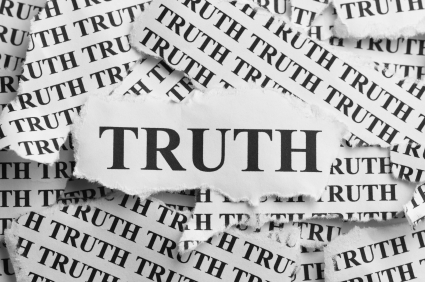 [This article was written by songwriter Anna Dagmar, a five-time award winner of the Mid-Atlantaic Songwriting Competition.]
[This article was written by songwriter Anna Dagmar, a five-time award winner of the Mid-Atlantaic Songwriting Competition.]
One of the biggest discoveries I made during the process of recording my fourth album, Satellite (2012) was that my lyrics had changed in style quite a lot from of my earliest album, One More Time in the Air (2001). When I began writing songs at about age twenty, I had a lot of emotions that wanted to come out somehow, but I was very shy about revealing myself too much. So, I turned to poetry. I turned to the world around me and looked for symbols or metaphors to describe the way I felt. At the time, I was working for the summer playing piano on a cruise ship in Alaska! So some of the water and sailing imagery came into my writing, such as in, “Don’t Turn Away” when I use the words:
In each chorus of that song, I varied the words slightly, for example:
By the end of the song, I concluded:
As I wrote the song, I loved the idea of patterns, but also unpredictability and subtle evolution as I came to better understand my emotions. However, if someone asked me, “What or whom is that song about?” I would have been too embarrassed to tell them!
Over time as I began performing my own songs more and more and hearing lots of other artists at songwriting concerts and festivals, I picked up a new flavor for lyrics. I noticed that other artists weren’t so shy, that they gave much more detail in their lyrics, and sometimes they truly revealed themselves. Other times, they delved deeply into the characters they wanted to describe within songs. One of the best examples I can think of is Susan Werner’s song, Barbed Wire Boys, in which she describes midwestern men of an older generation who strive to remain strong and support their families and not show the struggle or strain on their faces. It is a beautiful moment when she says:
Lyrics like that just floored me. I could feel the imaginary ring between my fingers and imagine that secret pain. I could feel those things as well as if I were a hard-working midwest man too.
The more I heard lyrics of this kind, the more I realized I wanted to expand my own process.
A handful of tricks for expanding your lyric-writing process
Some of the steps I took to do that were:
Some of the songs from my new album that I think benefitted most from these new approaches were the title track, “Satellite,” and “We Were Children.” Here is a brief excerpt from “We Were Children” which tells the riveting tale of a young boy who escapes enlistment as a child soldier:
I was able to start the story gradually and then build more and more drama into the piece as the listener begins to understand the desperation of the situation. By the last chorus, the lyrics are as follows:
It sounds very universal, but it grows out of the story of one individual. I think the best strong messages and ideas actually come from a single soul. Audiences resonate with one person, and what makes one person unique is often also what ties everyone together.
My best suggestion for aspiring lyricists is to read and write as often as possible. Be true to yourself, and don’t be afraid to share detail, whether about yourself or another person. Try to dig deeply to find ways of describing the world more eloquently than we do in daily conversation. If songwriting were simply ordinary speech, it wouldn’t beg to be heard more than once. Write something that has layers of meaning so that your listeners can go back and hear something new each time the song spins. Be patient and you will find you can transform your lyrics and discover new ground your whole life long!